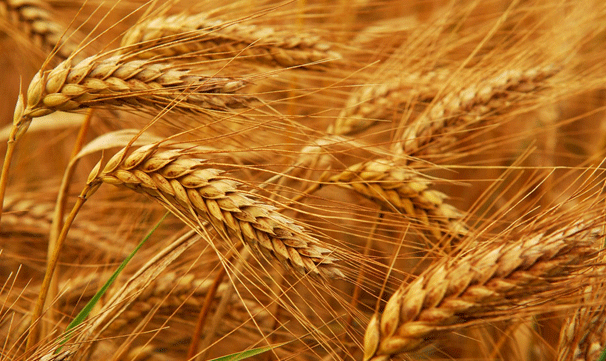In 2024, the Moscow Region will initiate a state monitoring program for wheat grain, focusing on both hard and soft varieties. The monitoring, which will begin with the harvest in mid-July, is aimed at evaluating the consumer qualities of the wheat produced this year. This process is essential for planning the use of grain products in both domestic and international markets and for making informed decisions regarding state grain reserves.
Monitoring Process
The monitoring will be conducted by the Moscow and Moscow Region branch of the Federal State Budgetary Institution (FSBI) “Center for Grain Quality Assessment,” as stated by Tatiana Nikonorova, the technical director of the branch. This initiative is particularly notable because it will be offered free of charge to the region’s 137 wheat producers. The monitoring involves a series of steps:
- Agreement and Notification: Wheat producers sign an agreement with the FSBI branch. Once the grain is ripe and the harvest begins, producers form batches of grain and log the information into the “Grain” Federal State Information System (FGIS).
- Sample Collection: Producers notify the branch via email about the readiness of their batches. The branch then sends a representative to collect grain samples, usually within a day.
- Laboratory Analysis: The samples are taken to an accredited laboratory equipped with the necessary tools and experienced personnel. The laboratory conducts a comprehensive analysis of the grain’s quality.
- Data Entry and Sale: The results of the quality analysis are entered into the FGIS “Grain,” enabling producers to market their batches based on the verified data.
Historical Context and Impact
State grain monitoring was first implemented in Russia and the Moscow Region in 2022. That initial phase included consumer quality assessments of rye, corn, buckwheat, soybeans, and rice. The expansion to include wheat this year marks a significant step in improving the overall grain quality monitoring system. The results from these assessments are crucial for planning grain usage, managing state reserves, and ensuring food security.
Government and Community Involvement
Governor Andrei Vorobyov emphasized the importance of agriculture in the region despite its relatively small share in the overall economy. He highlighted the sector’s visibility and its role in sustaining local communities, many of whom are engaged in farming and processing agricultural products. The ongoing support and recognition of agricultural achievements help boost morale and encourage continued innovation and productivity in the sector.
The state monitoring of wheat grain in the Moscow Region represents a vital step towards enhancing grain quality management and food security. By providing free, comprehensive quality assessments, the program supports local farmers in producing high-quality wheat that meets market demands. The initiative also underscores the significant role of agriculture in the region’s economy and community, fostering a collaborative environment for sustained agricultural success.
Error





